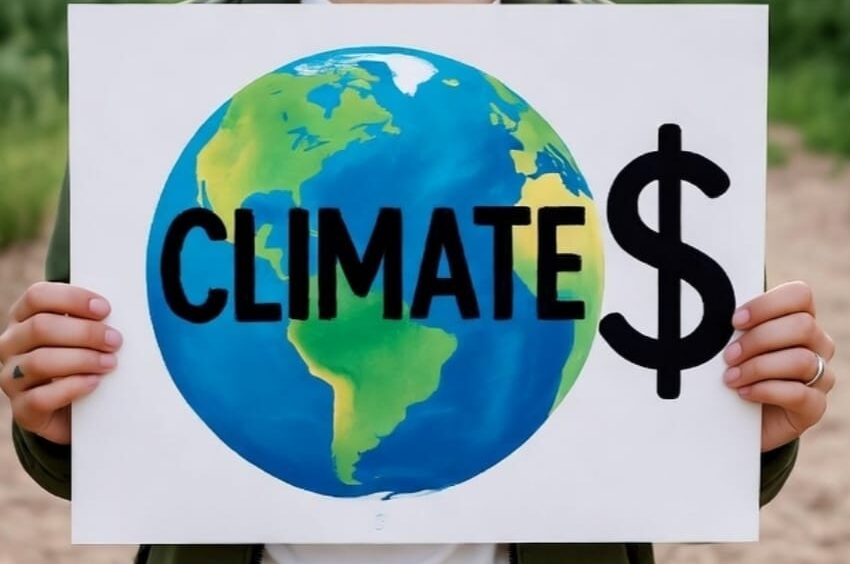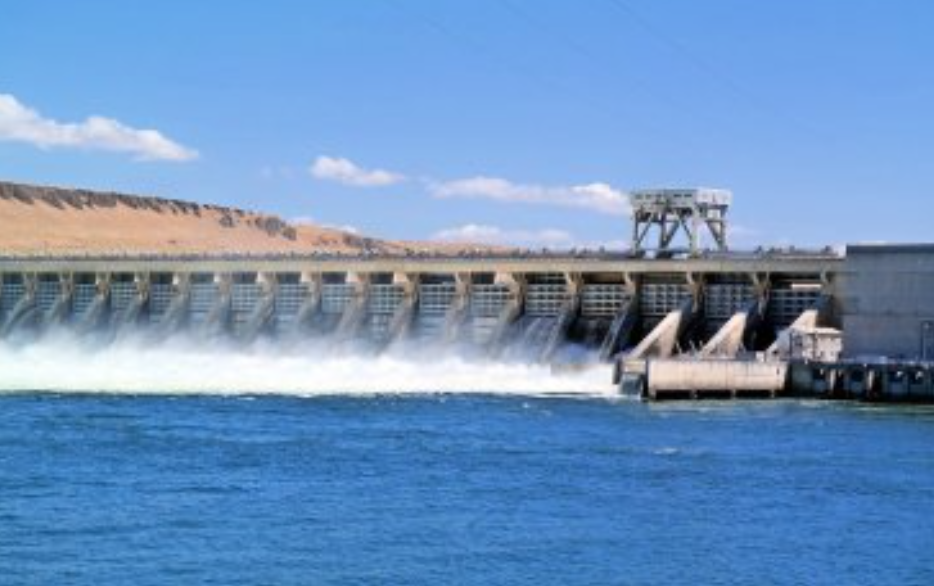Climate Finance At COP30 Framed As ‘Matter Of Survival’ For Vulnerable Nations

Finance framed as ‘matter of survival’ as vulnerable nations push for USD 1.3 trillion a year, faster flow of funds
At the United Nations climate conference in Belém, climate finance took centre stage on Saturday, with vulnerable countries warning that without predictable funding there can be no credible path to climate safety, justice or survival.
Meeting at the Third High-Level Ministerial Dialogue on Climate Finance at COP30, representatives of climate-vulnerable nations described access to finance as “a matter of survival”, urging richer countries to move from pledges to actual disbursements.
UN General Assembly President Annalena Baerbock said COP30 must mark the beginning of implementing up to USD 1.3 trillion in annual climate finance, with funds reaching “those most in need, quickly, transparently and fairly”. She underlined that climate action and social justice are “inseparable”, linking climate insecurity to hunger, poverty, migration and conflict in a reinforcing cycle that undermines investment and development.
Renewables Lead But Gaps Persist
Marking a decade since the Paris Agreement, Baerbock recalled how, in 2015, renewable energy was still seen as an “unrealistic” primary solution. Today, renewables are the fastest-growing energy source globally, with solar emerging as the cheapest source of electricity. Global investment in clean energy reached about USD 2 trillion in 2024, roughly USD 800 billion more than in fossil fuels.
However, she warned that despite rapid growth, “vast potential remains untapped because capital is still not flowing to where it is most needed”, particularly in Africa. More than 600 million people on the continent still lack access to electricity even though Africa’s renewable energy potential is estimated to be many times higher than projected global electricity demand in 2040.
Baerbock pressed developed economies to honour their technology and finance commitments and to back reforms of international financial institutions so that capital can be deployed at scale in emerging and least developed economies.
Lifeblood Of Climate Action
UN Climate Change Executive Secretary Simon Stiell reinforced the message that finance is the missing link between climate plans and real-world outcomes. He described climate finance as the “lifeblood of climate action”, capable of turning “plans into progress” and “ambition into implementation”.
Stiell noted that, despite billions flowing into clean energy, resilience and just transition efforts worldwide, the total volume of finance is still “neither sufficient nor predictable enough”, and remains unevenly distributed. The most vulnerable countries, he said, continue to struggle to access funds that have been discussed and promised for years.
At COP30, where countries are under pressure to prove that multilateral climate cooperation can deliver tangible results, Stiell argued that “real finance, flowing fast and fair, is central to that proof”.
“When finance flows, ambition grows,” he said, adding that well-designed investments can create jobs, lower the cost of living, improve public health, shield communities from worsening climate impacts and shape the “growth story of the twenty-first century”.
As negotiations on the new climate finance goal and broader reform of global financial architecture intensify, developing and climate-vulnerable countries are expected to keep pressing for clearer timelines, fairer access rules and stronger guarantees that pledged money will translate into projects on the ground.
































































































































































































































































































































































































































































































































































































































































































































































































































































































































































































































































































